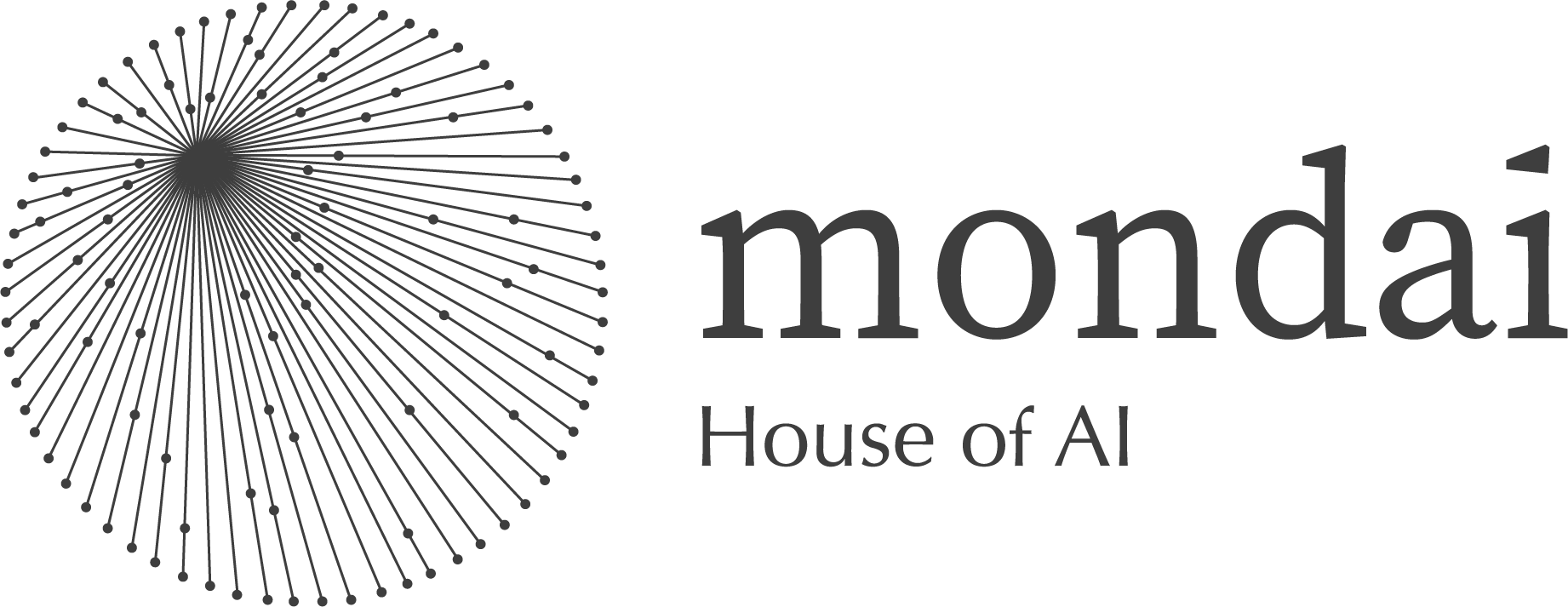
Seminar Series on Meaningful Human-AI Interactions for a Digital Society – #2: Promoting Meaningful Human-AI Interactions: Societal and Legislative Perspectives
Juni 5, 2024 - 11:30 - 13:00
A Seminar Series on Meaningful Human-AI Interactions for a Digital Society
Event #2: Promoting Meaningful Human-AI Interactions: Societal and Legislative Perspectives
With the increasing creation, use, and implementation of novel AI systems in every aspect of our society, we must ensure that AI complements us by providing meaningful engagement, centering systems on our human values, and implementing such systems with due consideration of society at large. In this series, we will bring together experts from diverse fields such as human-computer interaction (HCI), philosophy, design, and law with policymakers and practitioners in a mixture of single-speaker seminars, multidisciplinary panels, and expert-led workshops to define what it means to have meaningful human-AI interaction; how to design for these interactions in AI systems; and how to promote such interactions through legislation and policy making.
The second event of this series will be June 5th from 11:30am – 1pm and will discuss the role of legislation in promoting meaningful human-AI interaction. Through presentations and discussion with panelists Dr. Merel Noorman (Tilburg University), Dr. Els de Busser (Leiden University), and Dr. Dayana Spagnuelo (TNO), we will discuss: how can legislation support meaningful human AI-interactions? How do we ground AI interactions in the values and needs of public stakeholders? And: How should public bodies interact with AI? The event will be hosted by Drs. Giorgia Pozzi and Sarah Carter (TU Delft).
All experts, policymakers, and practitioners with an interest in human-AI interactions are welcome to attend!
This event is supported by the National Digital Society Programme, Mondai | House of AI, the TU Delft AI Initiative, Web Information Systems (WIS), and the Digital Ethics Centre.
(de voertaal van dit event is Engels)
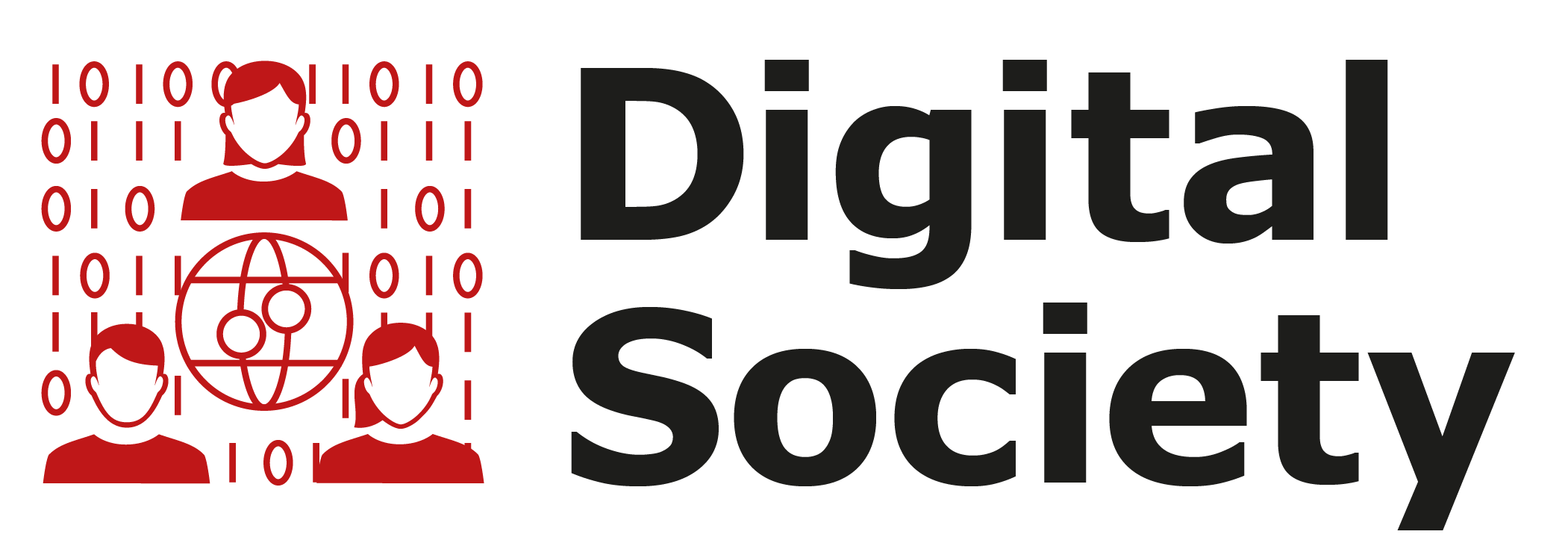


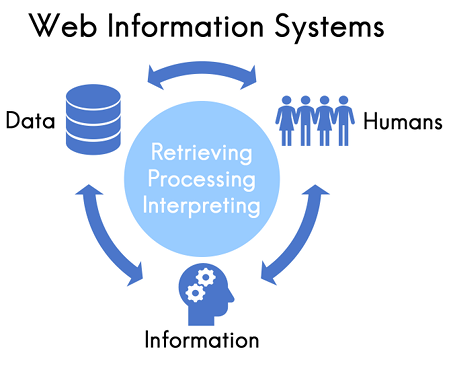
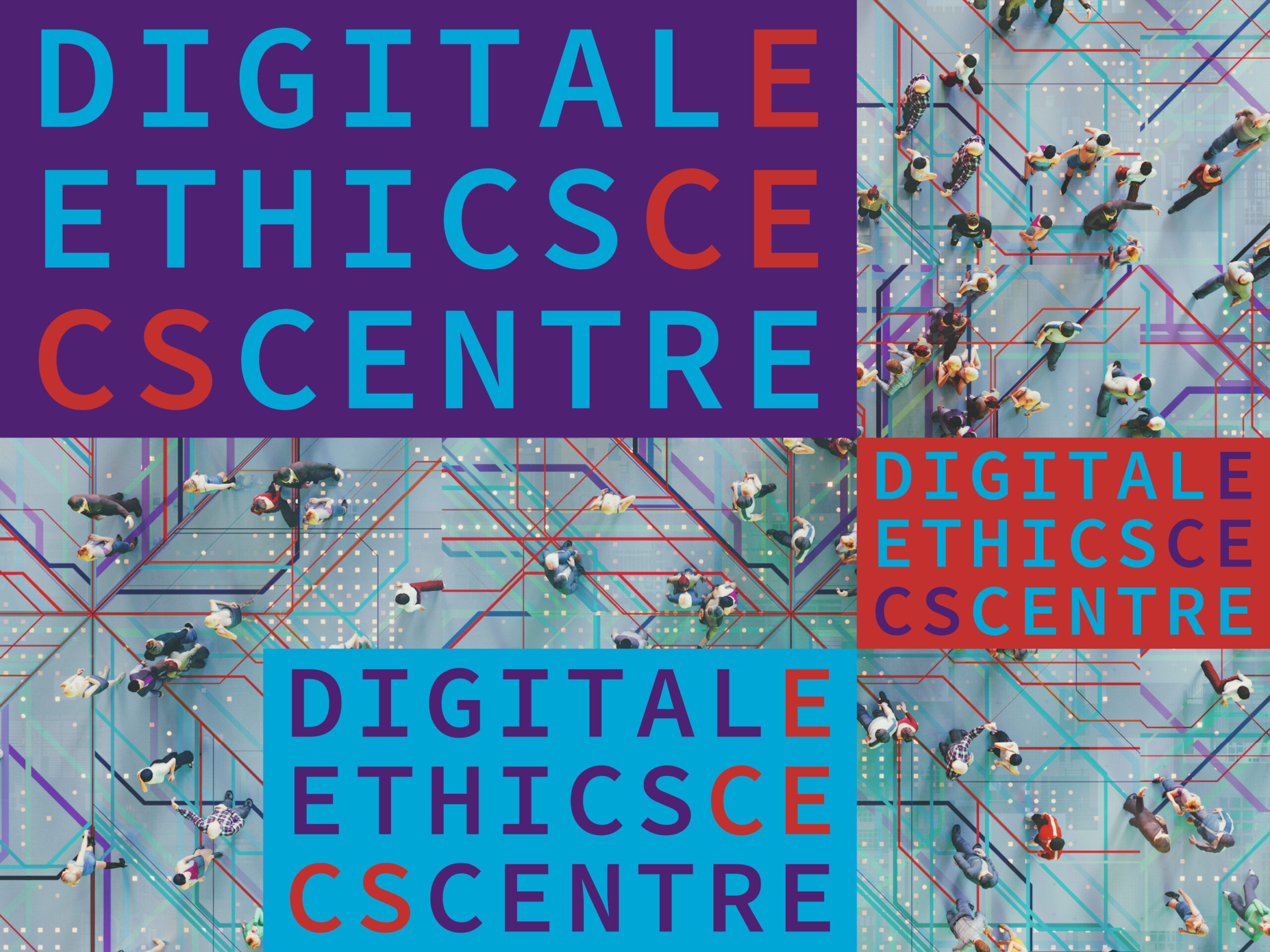
Speakers
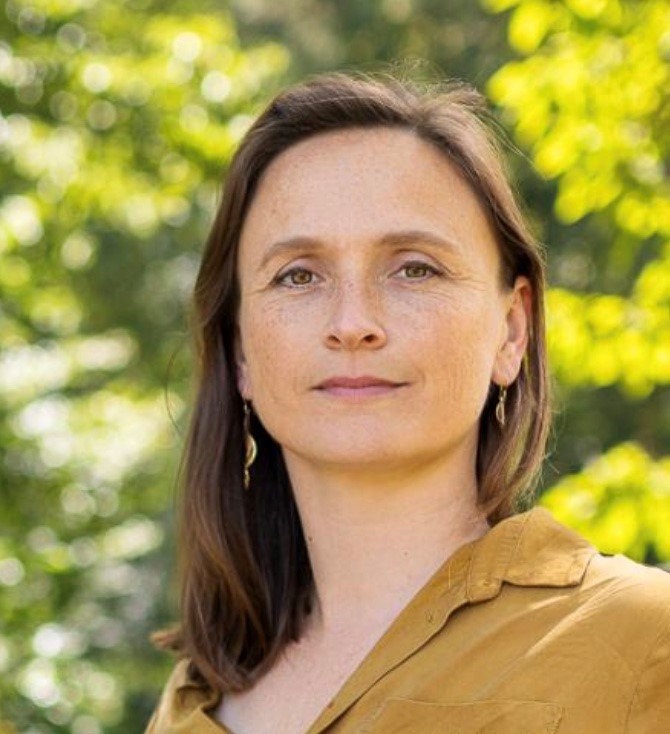
Merel Noorman is assistant professor in AI, Robotics, and STS at the Tilburg Institute for Law, Technology, and Society (TILT), Tilburg University. Her research focuses on the regulation and governance of AI. She is interested in the relationships between AI and democracy in critical infrastructures, such as energy networks. She studied Artificial Intelligence and Science & Technology studies at the University of Amsterdam and Edinburgh University and received her PhD from Maastricht University. Since then, she has co-initiated and worked on various research projects in the U.S. and the Netherlands, studying the ethical and social aspects of complex and intelligent computer technologies. She has also worked as advisor for the Dutch Council for Social Development (Raad voor Maatschappelijke Ontwikkeling) and was managing director for the software company VicarVision.
Dr. Els De Busser is Assistant Professor Cyber Security Governance at the Institute of Security and Global Affairs at Leiden University. She is the Principal Investigator of the project Cyber Security by Integrated Design (C-SIDe project) funded by the Dutch Research Council.
Els teaches students and practitioners on a broad range of topics including the effects of digitalization on human rights, data protection and privacy, legal aspects of cyber security and AI and human rights. She specializes in multidisciplinary education and research in these topics as well. Els is also a researcher in the The Hague Program for International Cyber Security and a member of the Standing Committee of Experts on International Immigration, Refugee and Criminal Law (also known as the Meijers Committee).

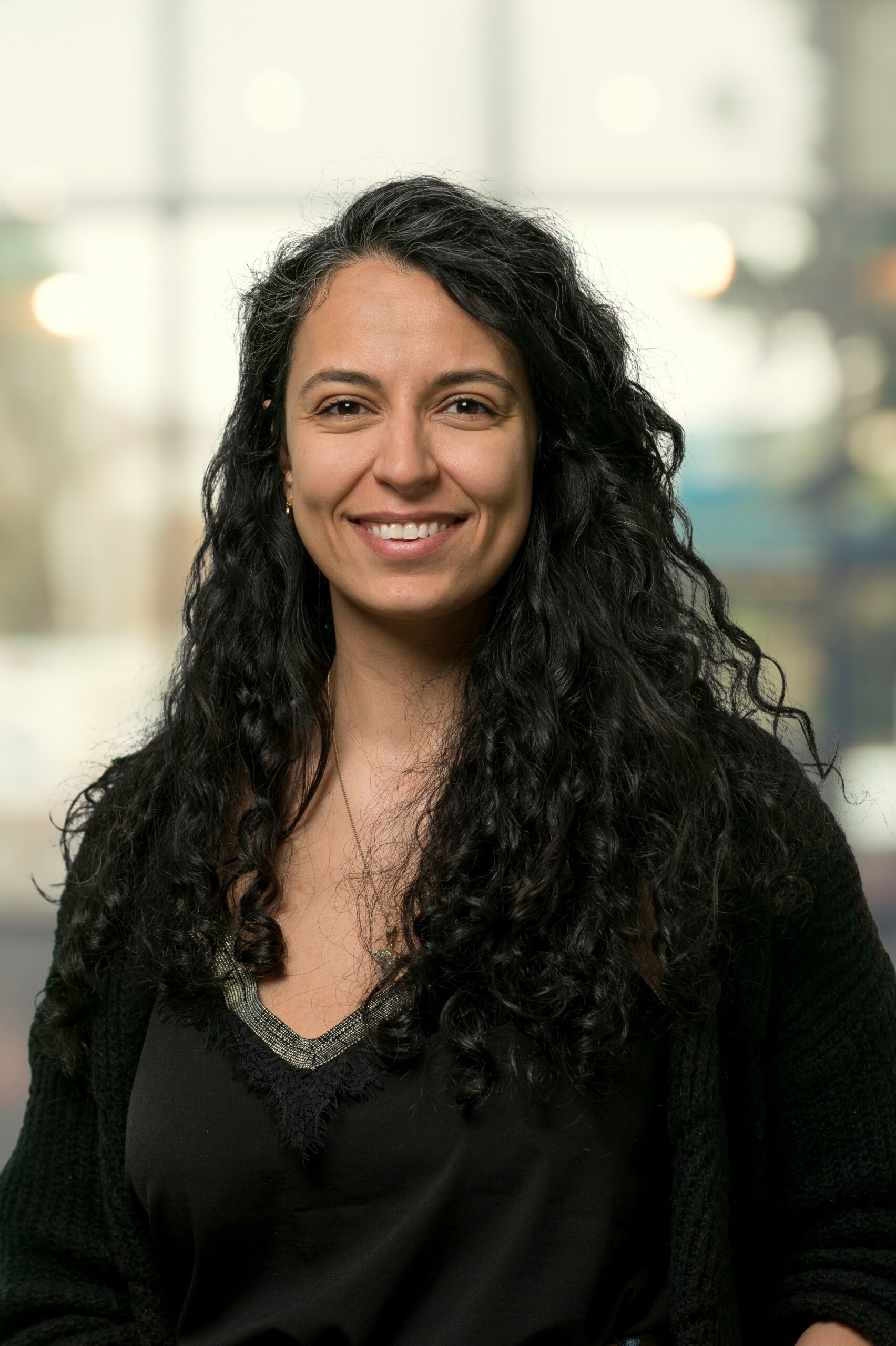
Dr. Dayana Spagnuelo is a researcher at TNO specialised in information security and its interplay with data protection and other legal requests, as well as privacy coordinator for TNO Unit ISP. Having researched in the past how some of the data protection principles, such as Privacy, Transparency and Accountability, should be realised in technical systems, she now turns her attention to how current solutions can help to, and how future ones should be tailored to, accomplish the upcoming requests of the new digital regulatory framework.
